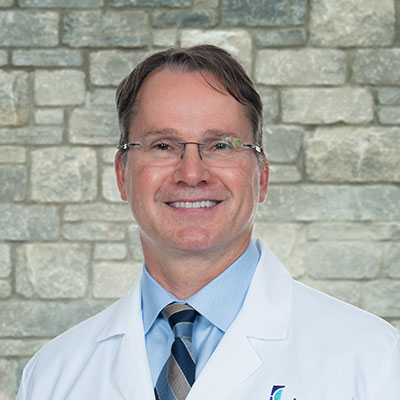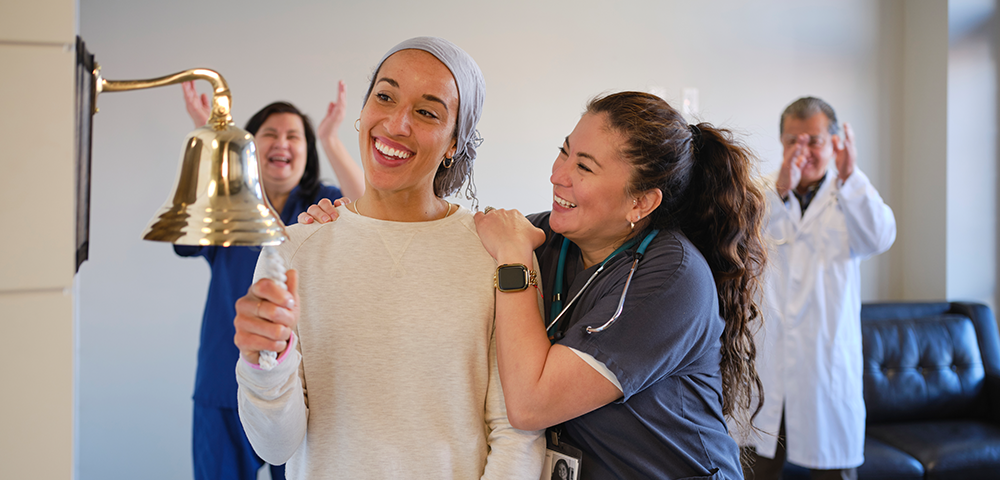Every year, more than two million Americans are diagnosed with a form of cancer. It is estimated more than 600,000 Americans die from cancer every year. While that is a scary statistic, the good news is that more than 40% of all cancers are considered preventable if you make proper lifestyle and health decisions.
The first thing you should do is to quit tobacco use. Smoking is responsible for 90% of lung cancers, which is the deadliest cancer for men and women worldwide. Smoking is also a primary cause for bladder, esophageal, oral, throat, pancreatic, kidney, stomach, cervical, and liver cancers, among others. Chewing tobacco and snuff are also linked to oral, esophageal and pancreatic cancers. There is no “safe” level of tobacco use, and all forms of it are harmful to your health.
Alcohol is another unhealthy habit to strive to cease. Alcohol consumption is linked to many types of cancer, including liver, breast, colorectal, head, neck, and stomach cancers. Although some studies have shown a few health benefits from moderate alcohol consumption, the risks greatly outweigh the potential benefits. In addition to the cancer risks, alcohol consumption is responsible for an estimated 3 million deaths around the world every year. This includes all causes, not just cancer.
Taking care of your body may also reduce your risk of developing cancer. That means eating a proper diet, getting regular exercise, and maintaining a healthy weight. A healthy diet to limit cancer risk focuses on vegetables, fruits, and whole grains. Eating a diet high in fiber may also reduce the risk of bowel cancer and stabilize blood sugar levels. Eating red and processed meats may increase your odds of developing bowel cancer. Opt for poultry and fish as sources of protein instead. It is also a good idea to limit your refined sugar intake. Consuming too much sugar can cause various health issues that lead to a number of cancers, including breast, colorectal, pancreatic, and prostate cancer. Consider adopting a Mediterranean diet, which studies have shown has cancer-preventing properties.
Regular exercise can help you keep a healthy weight, which is key to preventing cancer. Guidelines suggest a minimum of 150 minutes of moderate physical activity per week, or 75 minutes of high-intensity activity per week. Obesity or being overweight is linked to multiple cancers, including breast, colon, and endometrial cancers. Exercise also helps regulate hormones that may lead to developing cancer. Fitness also helps keep the immune system healthy and fight off cancer and other illnesses. Regular exercise is linked to a lower risk of bladder, breast, colon, endometrial, esophageal, lung, pancreatic, and prostate cancers.
Certain vaccinations may also reduce your risk of cancer. The human papillomavirus (HPV), hepatitis A and hepatitis B vaccines are all linked to lowering the risk of cancer. HPV is linked to several cancers of the reproductive organs, particularly in women, but also in men. This vaccine is usually given in the teenage years, but versions are available for adults. Hepatitis A is linked to liver disease and lowering overall liver health. Hepatitis B is a significant contributor to liver cancer. Getting vaccinated against these viruses is a good idea to further lower your cancer risk.
You should also consider getting regular medical check-ups. Early detection of cancer or its precursors allows for a higher survival rate. Many cancer types are better treatable when caught at an early stage before they spread. Regular check-ups are especially key if you have a family history of cancer or other risk factors that elevate your odds of developing cancer. These visits with your doctor can also catch other health issues that may increase your cancer risk.
Although there is no guarantee you will not develop cancer, there are many things well within your power you can do to reduce your cancer risk. Speak with one of Lexington Clinic’s board-certified oncologists if you believe you are at risk of cancer or are already diagnosed. Even if you are diagnosed with cancer, there are a number of treatment options available to help you fight and beat it.

About Robert B. Summe, MD, MPH
Dr. Summe is board-certified in Radiation Oncology. Dr. Summe provides services in all types of cancer radiation treatment, including but not limited to, lung cancer, breast cancer, colon and rectal cancer, head and neck cancer, CNS cancer and lymphoma. He also performs procedures such as 3D conformal treatment planning, IMRT treatment planning, along with 3D and IMRT treatments, and CT simulation.
Dr. Summe may be reached at (859) 626-9003. For help scheduling an appointment or to find the location closest to you, visit LexingtonClinic.com.







